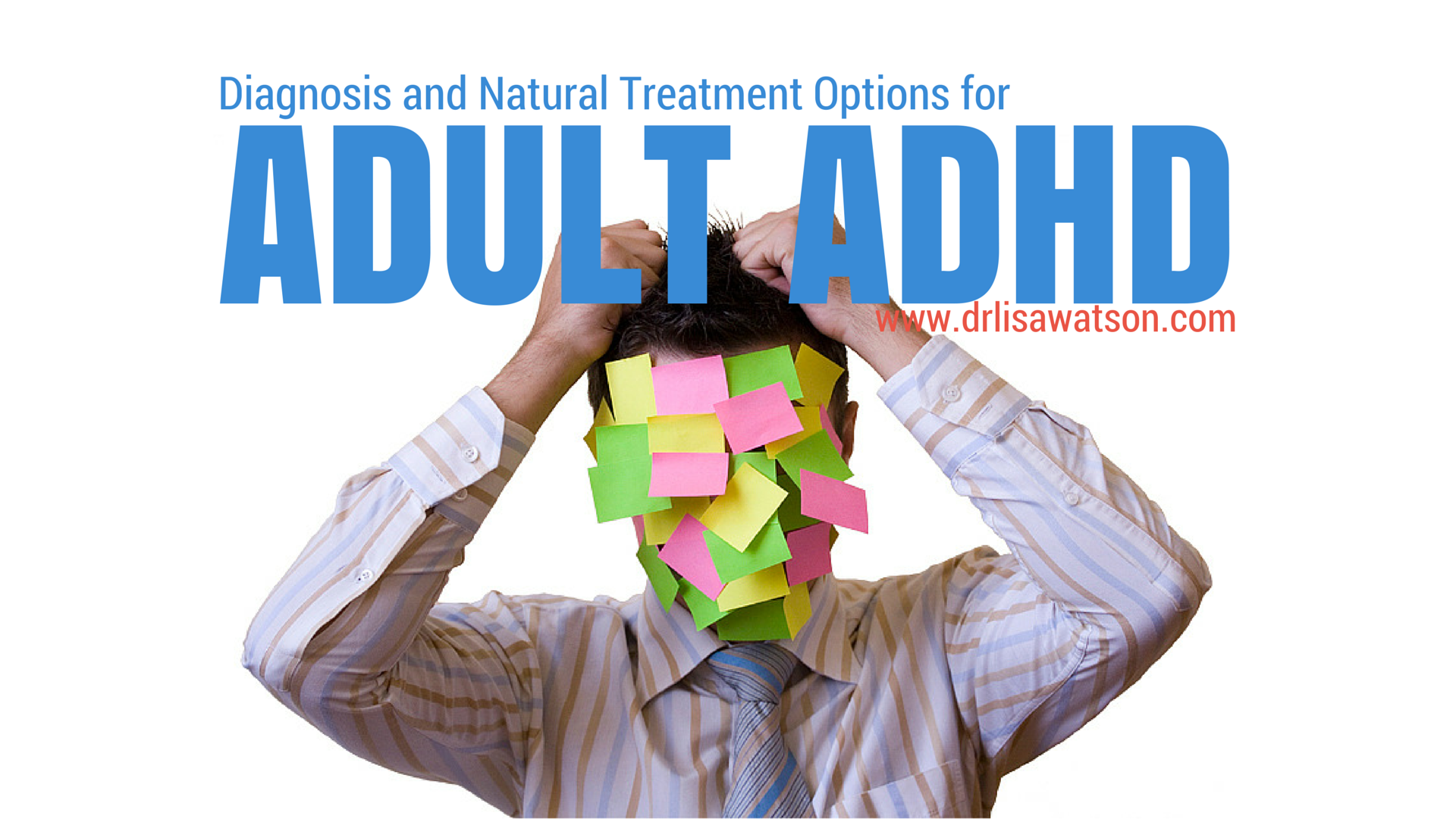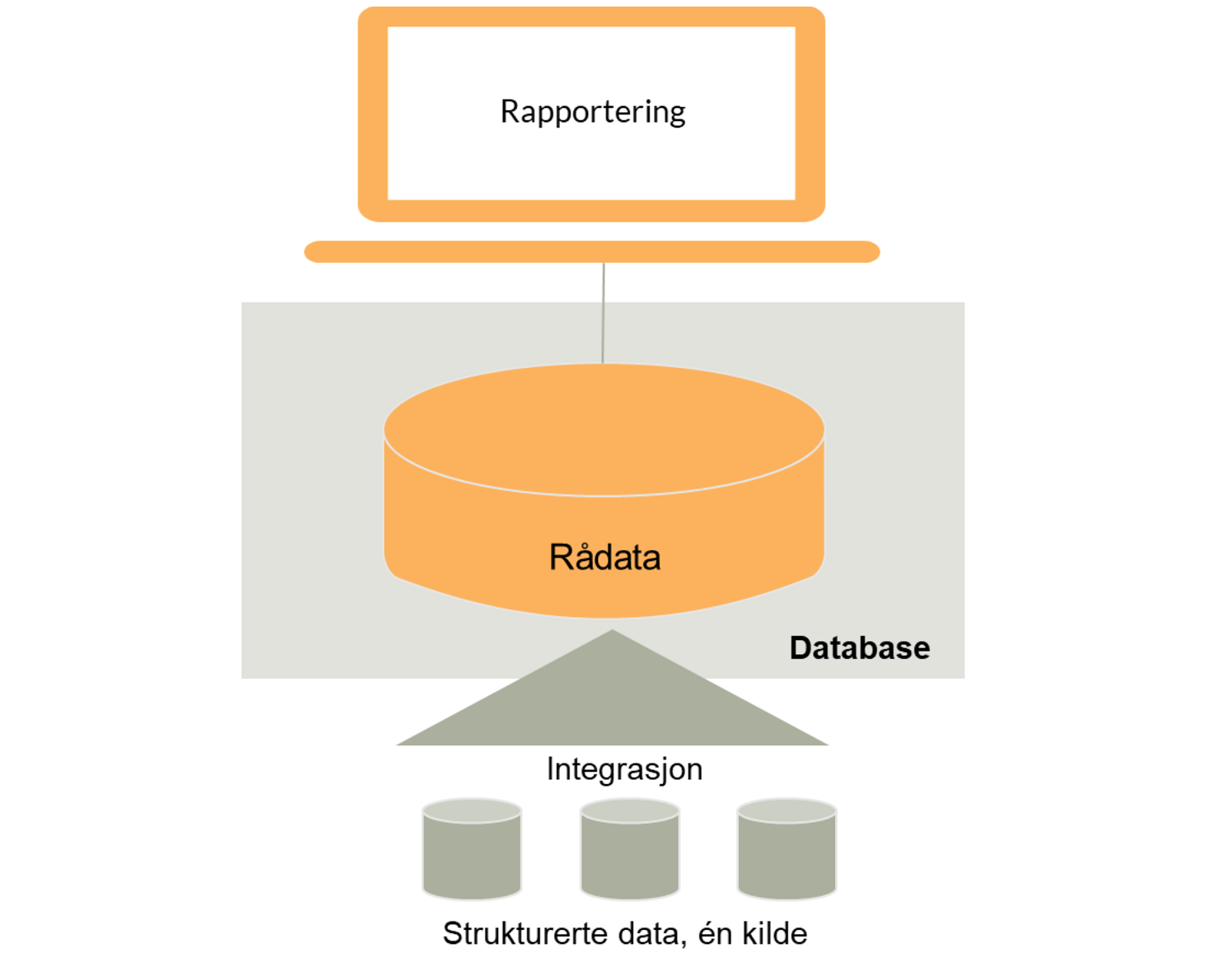Adult ADHD: Understanding Your Diagnosis And Moving Forward

Table of Contents
Understanding Your Adult ADHD Diagnosis
Receiving an Adult ADHD diagnosis can be a pivotal moment, offering a framework for understanding previously unexplained struggles. The diagnostic criteria for ADHD in adults, as defined by the DSM-5, focus on persistent patterns of inattention, hyperactivity, and impulsivity. These symptoms must have been present before the age of 12 and significantly impair daily functioning in at least two settings (e.g., work, home, social situations).
-
Differentiating ADHD Subtypes: Adult ADHD isn't a one-size-fits-all condition. There are three main subtypes:
- Predominantly Inattentive Presentation: Characterized primarily by difficulty focusing, sustaining attention, and organizing tasks.
- Predominantly Hyperactive-Impulsive Presentation: Marked by excessive restlessness, impulsivity, and difficulty staying still.
- Combined Presentation: Individuals exhibiting symptoms of both inattention and hyperactivity-impulsivity. This is the most common subtype.
-
Debunking Common Misconceptions: Many misconceptions surround Adult ADHD. It's crucial to understand that it's not simply "laziness" or a lack of willpower. It's a neurodevelopmental disorder affecting brain function.
-
The Importance of Comprehensive Evaluation: Accurate diagnosis is paramount. A thorough evaluation by a qualified healthcare professional, such as a psychiatrist or psychologist, is essential. This typically involves a detailed interview, behavioral assessments, and sometimes neuropsychological testing.
-
Co-occurring Conditions (Comorbidities): Adult ADHD frequently co-occurs with other conditions, including anxiety disorders, depression, and substance use disorders. Recognizing and addressing these comorbidities is crucial for effective treatment.
Coping Strategies for Managing Adult ADHD Symptoms
Effective management of Adult ADHD symptoms involves a multifaceted approach encompassing practical strategies, behavioral techniques, and lifestyle adjustments. The key is to find what works best for you.
-
Time Management Techniques:
- Pomodoro Technique: Work in focused bursts (e.g., 25 minutes) followed by short breaks. This helps maintain concentration and prevent burnout.
- Time Blocking: Schedule specific time slots for different tasks, creating a visual representation of your day.
-
Organization Strategies:
- Calendars and Planners: Utilize digital or paper calendars and planners to track appointments, deadlines, and tasks.
- To-Do Lists: Break down large tasks into smaller, manageable steps, prioritizing those that are most urgent or important.
-
Mindfulness and Stress Reduction:
- Meditation: Regular meditation practice can help improve focus and reduce stress and anxiety.
- Deep Breathing Exercises: Simple breathing techniques can help calm the mind and improve concentration.
-
Improving Focus and Concentration:
- Eliminate Distractions: Create a dedicated workspace free from interruptions.
- Break Down Tasks: Divide large projects into smaller, less overwhelming steps.
-
Supportive Environment: A supportive environment at home and work is crucial. Open communication with family, friends, and colleagues is essential.
Treatment Options for Adult ADHD
Treatment for Adult ADHD typically involves a combination of approaches tailored to individual needs and preferences.
-
Medication:
- Stimulants: These are the most commonly prescribed medications for ADHD, such as methylphenidate (Ritalin) and amphetamine (Adderall). They improve focus and reduce impulsivity but can have side effects, including insomnia and decreased appetite.
- Non-stimulants: These medications, like atomoxetine (Strattera), are an alternative for individuals who can't tolerate stimulants or experience significant side effects.
-
Therapy:
- Cognitive Behavioral Therapy (CBT): CBT helps identify and change negative thought patterns and behaviors that contribute to ADHD symptoms.
- Coaching: ADHD coaches provide support, guidance, and strategies for managing daily challenges.
-
Lifestyle Changes:
- Diet: A balanced diet can positively impact energy levels and focus.
- Exercise: Regular physical activity improves mood, reduces stress, and enhances cognitive function.
- Sleep Hygiene: Prioritizing sufficient sleep is critical for optimal brain function.
-
Combining Medication and Therapy: Often, the most effective approach involves a combination of medication and therapy for optimal results.
Finding the Right Support System
Having a strong support system is integral to successfully managing Adult ADHD.
- Support Groups and Online Communities: Connecting with others who understand the challenges of living with ADHD can provide valuable emotional support and practical advice.
- Family, Friends, and Partners: Open communication with loved ones is crucial. Educating them about ADHD can foster understanding and empathy.
- Self-Advocacy: Learning to advocate for your needs is an essential skill in managing your condition effectively.
Conclusion
Receiving an Adult ADHD diagnosis can be challenging, but understanding your condition and implementing effective strategies is crucial for improving your quality of life. This article has provided an overview of understanding your diagnosis, coping mechanisms, treatment options, and the importance of a supportive system. Remember, managing Adult ADHD is a journey, not a destination. There will be ups and downs, but with the right tools and support, you can lead a fulfilling and productive life.
Call to Action: Take the next step in managing your Adult ADHD. Schedule a consultation with a healthcare professional today to discuss your symptoms and explore treatment options tailored to your individual needs. Learn more about effective Adult ADHD management strategies by researching additional resources online. Don't let Adult ADHD control your life; take control of your Adult ADHD!

Featured Posts
-
 Iva Ristic Confirms Marriage Details On Her Incredible Husband
Apr 29, 2025
Iva Ristic Confirms Marriage Details On Her Incredible Husband
Apr 29, 2025 -
 100 Rafmagns Porsche Macan Taekni Og Afkoest
Apr 29, 2025
100 Rafmagns Porsche Macan Taekni Og Afkoest
Apr 29, 2025 -
 The Perfect Setting For White Lotus Season 3 A New Location Proposal
Apr 29, 2025
The Perfect Setting For White Lotus Season 3 A New Location Proposal
Apr 29, 2025 -
 Skoleprestasjoner Og Adhd Hva Viser Fhis Nye Data
Apr 29, 2025
Skoleprestasjoner Og Adhd Hva Viser Fhis Nye Data
Apr 29, 2025 -
 Capital Summertime Ball 2025 Tickets A Step By Step Guide
Apr 29, 2025
Capital Summertime Ball 2025 Tickets A Step By Step Guide
Apr 29, 2025
Latest Posts
-
 A Look Into Our Farm Next Door The Lives Of Amanda Clive And Family
Apr 30, 2025
A Look Into Our Farm Next Door The Lives Of Amanda Clive And Family
Apr 30, 2025 -
 The Family Next Door Farming Life With Amanda Clive And Their Children
Apr 30, 2025
The Family Next Door Farming Life With Amanda Clive And Their Children
Apr 30, 2025 -
 Ravenseats Recent Setbacks Amanda Owen Provides A Family Update
Apr 30, 2025
Ravenseats Recent Setbacks Amanda Owen Provides A Family Update
Apr 30, 2025 -
 New Challenges For Amanda Owen And Family At Ravenseat Farm
Apr 30, 2025
New Challenges For Amanda Owen And Family At Ravenseat Farm
Apr 30, 2025 -
 Amanda Clive And Kids A Day In The Life Of Our Farm Next Door
Apr 30, 2025
Amanda Clive And Kids A Day In The Life Of Our Farm Next Door
Apr 30, 2025
